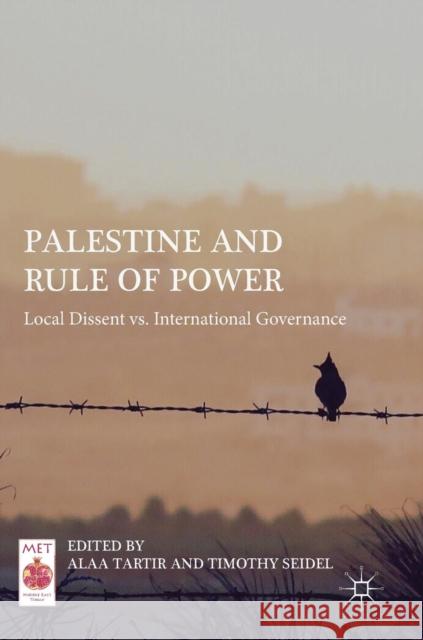Palestine and Rule of Power: Local Dissent vs. International Governance » książka
topmenu
Palestine and Rule of Power: Local Dissent vs. International Governance
ISBN-13: 9783030059484 / Angielski / Twarda / 2019 / 252 str.
Kategorie BISAC:
Wydawca:
Palgrave MacMillan
Seria wydawnicza:
Język:
Angielski
ISBN-13:
9783030059484
Rok wydania:
2019
Wydanie:
2019
Ilość stron:
252
Waga:
0.49 kg
Wymiary:
21.01 x 14.81 x 1.75
Oprawa:
Twarda
Wolumenów:
01
Dodatkowe informacje:
Wydanie ilustrowane











